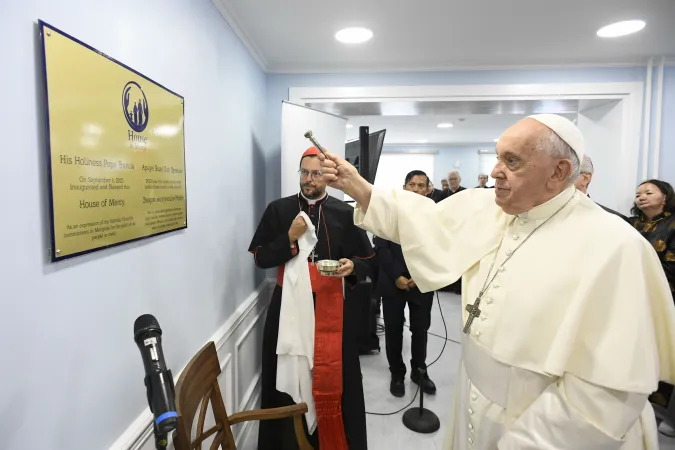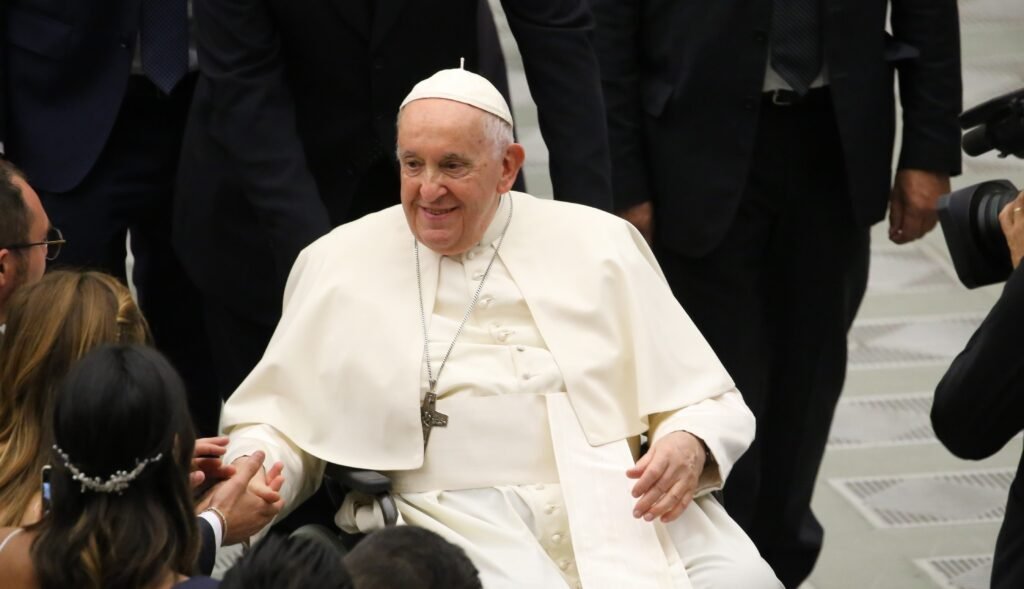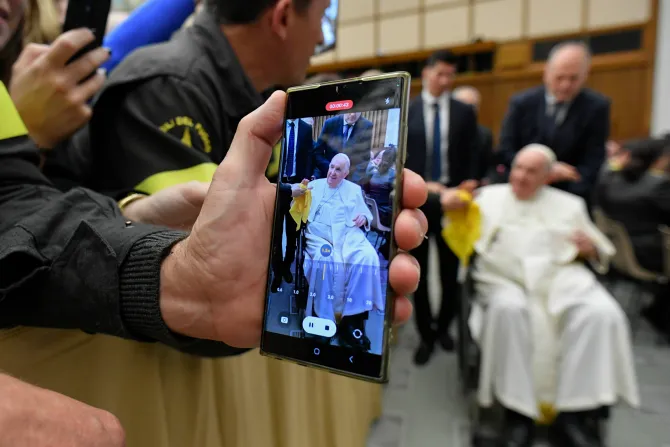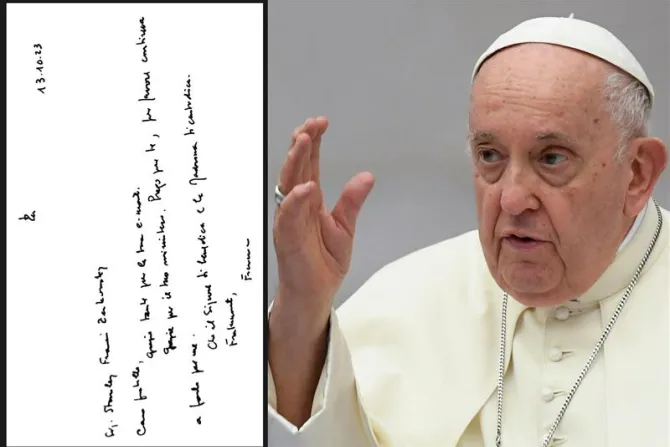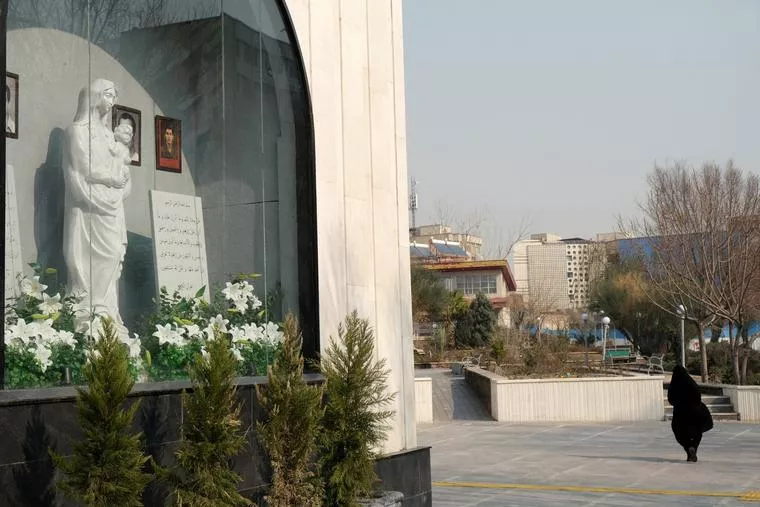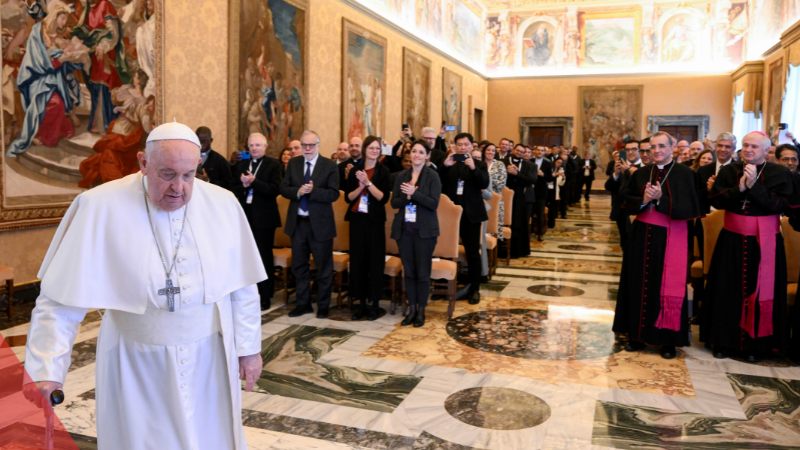The Salesians arrived in Mongolia in 2001, introducing a range of initiatives including the establishment of schools and youth centers, comprising a team of missionaries from around the world. In contrast, Caritas Mongolia is under the leadership of the dynamic Kenyan nun, Anne Waturu, who arrived in the country seven years ago. These two entities epitomize the charitable efforts within the Mongolian Church, a cause championed by Pope Francis in his inaugural address at the “House of Mercy,” the latest significant project undertaken by the local Church.
What type of charity is most needed in Mongolia? Sister Waturu elucidates to ACI Stampa that over the past seven years, the nature of poverty has evolved, acknowledging that “although poverty in Mongolia may differ from that experienced elsewhere.”
An illustrative example lies in the “ger,” the traditional nomadic tents. While these gers offer the essentials for a comfortable life, there is often an acute shortage of funds to send children to school. This predicament is further exacerbated by plummeting temperatures, making the purchase of coal and firewood for heating prohibitively expensive.
This has led to a surge in emigration as people seek employment opportunities abroad to support their families back home. However, Sister Waturu explains that “many individuals have returned due to job losses caused by the COVID-19 pandemic. Presently, tourism stands as the sole viable economic lifeline. However, the winter months offer limited opportunities, leading to a widening wealth disparity.”
Caritas has been active in Mongolia since 1999, although it only received official recognition in 2010. The majority of its projects are concentrated in Ulaanbatar, where essential provisions such as food, clothing, and shelter are distributed to families in dire need. The frigid winters often force impoverished families residing in gers to resort to burning anything they can find to keep warm, leaving them without sustenance.
In a broader context, several initiatives are in place, commencing with daycare programs. “When rural residents secure sporadic employment in urban areas, they grapple with the challenge of childcare for their pre-school-age children. Consequently, they bring their youngsters to our centers, where we provide comprehensive care.”
Conversely, the Salesians entered Mongolia in 2001, having been dispatched by Bishop Padilla as the nation commenced its developmental journey. However, substantial challenges persisted, notably the influx of young individuals from rural areas with limited education and skills. This made it exceedingly challenging for them to adapt to urban life and contend with governmental pressures.
Father Leung, hailing from Hong Kong, recounted, “Our immediate response was to inaugurate a vocational center. Subsequently, we established the ‘Youth Center’ to cater to street children hailing from rural backgrounds or abandoned by their families. Often, these vulnerable children gather during winter, seeking refuge behind heating pipes, placing them in precarious situations. Collaborating with social workers, we provide sustenance, warm beverages, and extend invitations to spend time in our Youth Center.”
The Salesians expanded their activities from Ulaanbatar to Darkhaan, Mongolia’s second-largest city, where they established an educational hub. Father Leung expounded, “Through these centers, our journey of evangelization commenced, culminating in the establishment of a parish—a significant milestone in our evangelistic endeavors.”
Subsequently, Bishop Padilla advocated initiating another mission in the small village of Shuwuu.
“At present,” Father Leung detailed, “we operate three primary centers: one in Ulaanbatar featuring a vocational school and the Youth Center, another in the northern city of Darkham housing the study center and the parish, and a third in Shuwuu, encompassing a parish and study center.” The Salesian community in Mongolia is profoundly cosmopolitan, comprising missionaries from diverse origins, including Hong Kong, Korea, the Czech Republic, Poland, East Timor, Indonesia, and Guatemala. All missionaries are appointed by the Rector Major, underscoring the significance attributed to the international community by the Salesians.
Father Leung also shared the initial challenges faced with the government, primarily pertaining to permits. Although the situation differed from that in mainland China, where he hails from, he noted a semblance, remarking, “At the outset of our mission, the government lacked a comprehensive understanding of the Catholic Church, particularly in Mongolia, where a multitude of Christians coexisted. Their inability to distinguish the Catholic Church from other Christian denominations was palpable. However, I cannot assert that the government posed substantial obstacles or jeopardized our mission. They operated within the confines of their regulations. It is essential to bear in mind that Mongolia was a former communist state, and vestiges of religious restrictions endured even after the country’s liberalization.”
In fact, it was the government that extended the invitation to the Catholic community. The visit of Pope Francis, as elucidated by Father Leung, significantly bolstered their efforts by affording the Catholic Church recognition and comprehension. “For instance,” Father Leung elucidated, “when the Pope announced his impending visit, numerous individuals rallied to support our preparations. The potential societal impact was immense.”
Among the most formidable challenges is grasping “the nomadic people’s mentality” and their perspectives on marriage. Father Leung, who has resided in Mongolia since 2006, emphasized that his work in the urban center exposed him to numerous familial challenges. He expressed confidence that addressing these issues would precipitate societal transformation. One of the paramount family challenges revolves around alcohol consumption. Nevertheless, he acknowledged that effecting change within the value system would be an arduous and protracted endeavor.

